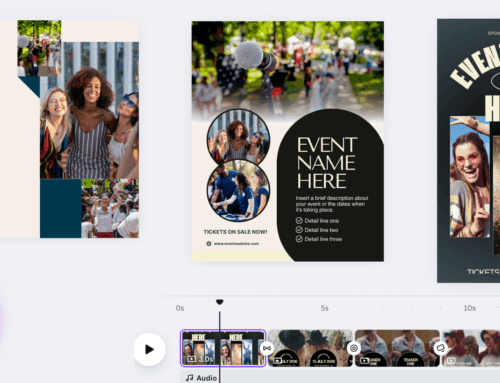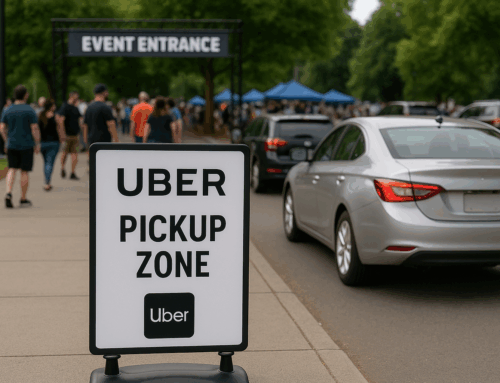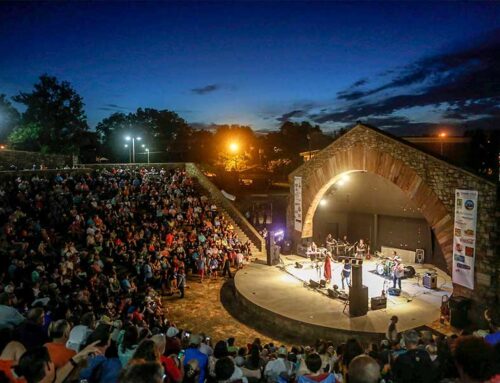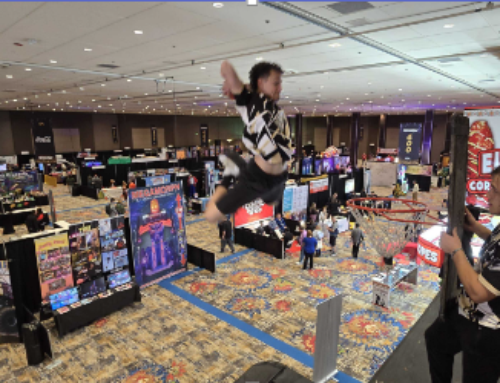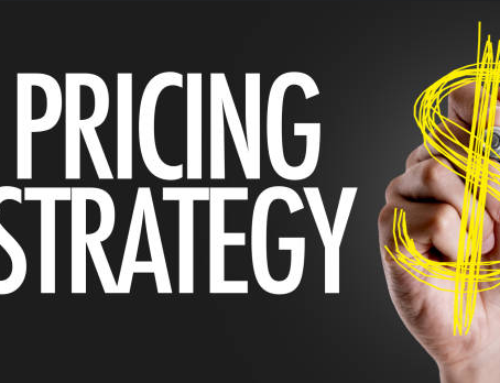Festivals, expos, fairs- whatever your event is called, you know that it is a lot of work to put together.
Featured Photo credit: California Wine Festival (EventHub portfolio link: https://eventhub.net/profiles/calwinefest)
Use this checklist – developed by festival planning pros – to learn about each of the festival planning phases, and look for the expert tips throughout on the Why’s and How’s for each phase:
- Pre-planning
- Planning
- Marketing
- Logistics and Coordination
- Day Of / Run of Show
This comprehensive multi-phase checklist for festival planning in 2024 will serve as your guide to executing your dream festival, expo, fair or parade in 2024, covering everything from the initial conception to the final execution.
Festival Pre-Planning Checklist
Let’s get started
Pre-Planning is crucial to executing a successful festival. Rushing forward to logistics without taking the time to lay a firm foundation is a common mistake. This phase allows you to clearly define your goals, understand your audience, and establish a solid vision for your event. By carefully considering each aspect now, you’ll ensure a smoother planning process and a more successful festival experience for everyone involved.
-
Define your Festival’s Goals and Objectives
WHY: Getting a festival or event off the ground means a lot of decisions. A lot of compromises. Write down the WHY for the event acts as a compass pointing the way for every decision you make:
HOW: Answer the following questions: “What do I want to achieve with this event?” and “What do I want my attendees to experience?” Use these answers to guide every aspect of your planning and decision-making.
-
Develop Your Festival Theme or Identity
WHY: A strong theme or identity provides a cohesive framework for your festival, making everything downstream like festival activities, marketing the event, and creating a memorable experience for attendees, easier.
HOW: Answer the following questions: “What is the central theme or concept of my festival?” “How will this theme be reflected in the programming, décor, and overall atmosphere?” and “What unique experiences will this vision create for attendees?” Use these answers to shape your festival’s identity and ensure consistency in all aspects of your event planning.
-
Define Your Target Audience
WHY: Knowing your target audience is essential for creating an event that meets their needs and expectations. This helps in making informed decisions about marketing, programming, and logistics.
HOW: Answer the following questions: “Who is my ideal attendee?” “What are their interests and preferences?” and “What kind of experience are they looking for?” Use these insights to tailor your event to attract and engage your desired audience.
With your goals, audience, and vision clearly defined, you’re now ready to move into the Planning phase to start bringing your festival to life – nice!
Festival Planning Checklist
Where the rubber meets the road
With a solid foundation laid with your pre-planning phase, you’re ready to start planning and bring your festival vision to life. Through deliberately drafting a budget, selecting a date and venue, planning the event program, and organizing a dedicated team, you’ll set the stage for a seamless and successful festival.
-
Create a Budget Outline
WHY: Planning a festival can feel like wrestling an alligator while juggling – so many moving pieces! Having a budget outline provides a framework to start putting the puzzle that is festival planning together. Programming, marketing, venue selection and even setting the date – having a central budget to plug updated numbers into will be invaluable for keeping it organized and launch confidently from planning into execution!
HOW: Start a simple spreadsheet and enter the major categories:
- Venue rental
- Programming
- Marketing and promotion
- Equipment and infrastructure
- Staffing and security
It’s OK if you don’t know the answers yet – that’s what tThis financial blueprint will guide your spending and keep your festival on track.
-
Choose a Venue
WHY: Selecting the right venue is one of the most critical decisions in the planning process, as it often represents the largest line item in your budget and can significantly influence sponsorship opportunities and overall attendee experience. The venue sets the tone for your festival and must accommodate the size, style, and specific needs of your event.
HOW: Evaluate potential venues by asking, “Does this venue accommodate my expected number of attendees?” “Does it align with the theme and style of my festival?” and “Are the necessary facilities and amenities available?”
Additionally, consider factors such as location, accessibility, cost, and available dates. Be sure to mark down critical timeline dates: deadlines for venue and health department permitting, back of house vendor contracting, and talent agreements if applicable.
Assess how the venue can impact your sponsorships, such as visibility for sponsors and the ability to host sponsor-specific activities or areas. Select a venue that not only fits your budget but also enhances the overall experience for both attendees and sponsors.
-
Select a Date
WHY: Choosing the right date is essential for maximizing attendance and ensuring the success of your festival. The date affects everything from audience availability to venue booking and can significantly impact your event’s overall success. Often, the date and venue selection go hand-in-hand, as venue availability can influence your choice of dates.
HOW: Consider the following questions: “When is my target audience most likely to be available?” “Are there any potential conflicts with other events or holidays?” “What is the best season or time of year for my festival’s theme?” and “What are the weather conditions during this time?”
Additionally, think about accessibility for attendees, including hotel availability for out-of-town visitors. Coordinate your date selection with venue availability to ensure both align with your festival goals. Use this information to select a date that aligns with your audience’s preferences, minimizes scheduling conflicts, and accommodates the practical needs of your attendees.
-
Organize a Team
WHY: Building a dedicated and capable team is crucial for handling the various aspects of your festival. A well-organized team ensures that all tasks are managed efficiently, from marketing and registration to on-site management, leading to a seamless and successful event.
HOW: Start by determining if you need a team of paid staff, volunteers, or a combination of both, and estimate roughly how many people you’ll need. Identify key roles by asking, “What specific areas need dedicated oversight, such as marketing, logistics, and attendee management?” “Who has the skills and experience necessary to lead these areas?” and “How can I ensure clear communication and coordination among team members?” Assign responsibilities based on strengths and expertise, and establish a clear communication plan to keep everyone aligned and informed throughout the planning and execution phases.
-
Plan the Event Program
WHY: A well-thought-out event program keeps attendees engaged and ensures a smooth flow of activities. It is the core of your festival, shaping the overall experience and satisfaction of your audience, and it can also create valuable sponsorship opportunities.
HOW: Develop your program by answering, “What key activities, speakers, and entertainment will best engage my audience?” “How can I structure the schedule to maintain interest and manage crowd flow?” and “Are there any special features or highlights that will make my festival unique?” Additionally, consider, “What programming elements can attract sponsors and offer them visibility?”
-
Develop a Sponsorship Strategy
WHY: Creating a clear and well-defined sponsorship strategy will enable you to secure the financial support needed to bring your festival to life. Sponsorships can provide significant revenue and resources, helping to cover costs and enhance the overall experience for attendees.
HOW: Begin by defining different sponsorship levels and outlining specific benefits for each. To do so, consider looking at similar festivals to yours and their sponsorship opportunities. You can find them on event sponsor marketplaces like the EventHub Marketplace.
Consider elements like booth space at the festival, signage opportunities, involvement in speakers and programming, branded materials, and visibility on the festival website. Answer the questions, “What types of exposure and engagement opportunities can the festival provide?” and “What value can we offer sponsors at each level?” Structure your sponsorship packages to appeal to a variety of businesses, ensuring a good match for their marketing objectives. Develop a pricing strategy that reflects the value of these opportunities.
With your budget, date, venue, event program, team, and sponsorship strategy defined, you’re now ready to move into the next phase: Marketing. It’s time to attract attendees and secure sponsors to ensure your festival’s success.
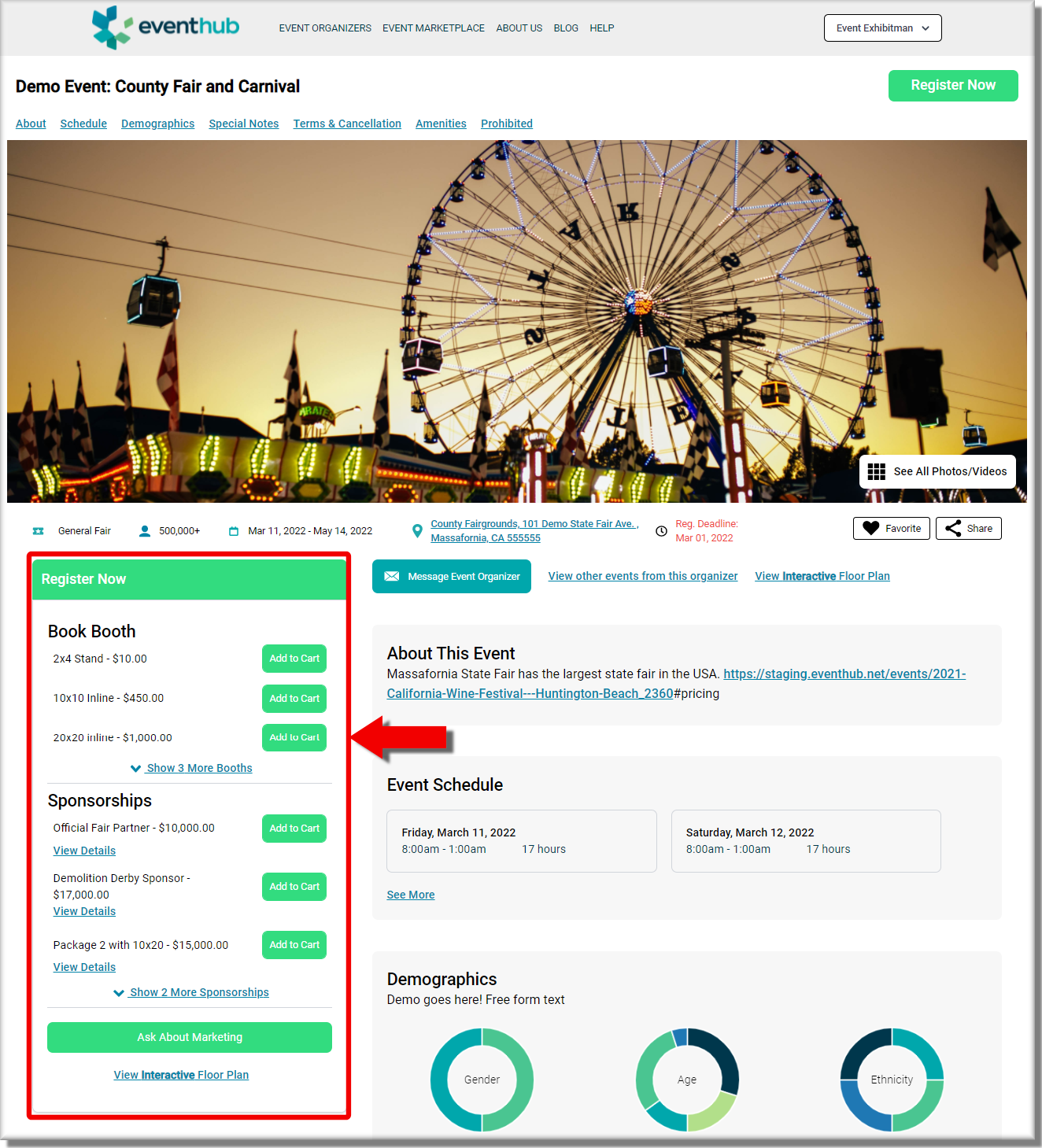
EventHub’s Marketplace Showcase Page gets your sponsorships in front of 70,000 active buyers.
Festival Marketing Checklist
Let’s get people excited
This phase is crucial for building excitement, generating interest, and ensuring a successful event. By developing a comprehensive marketing strategy and an efficient registration system, you’ll set the stage for a well-attended and well-supported festival.
-
Get Discovered – By Attendees AND Sponsors
WHY: It’s not just about reaching large numbers; it’s about connecting with the right people. Engaging in targeted outreach through forums and event listing sites can help you reach your ideal audience.
HOW: Research where your target audience and potential sponsors spend their time online. Advertise through niche email list sponsorships and free channels like being a guest on relevant podcasts and sending out press releases. There are many free event listing sites that are mostly used by attendees, but sponsors can be harder to attract. Getting listed on EventHub’s marketplace gets your event’s sponsorship and vendor opportunities in front of over 70,000 active buyers!
-
Set Up Registration – Tickets and Sponsorships
WHY: Efficient registration systems are crucial for managing attendees and securing payments, both from ticket sales and sponsorship deals.
HOW: Registration and ticketing can be very complicated. Spend time exploring various registration platforms that cater to both attendee ticketing as well as sponsor/vendor registration. It can be a bit daunting prospect for a new festival, which is why many new festival managers opt to use a management platform like EventHub. Ensure the system is user-friendly and offers a seamless experience for both attendees purchasing tickets and sponsors signing up for packages.

EventHub’s Management Dashboard updates you in a glance
-
Open Sponsor Registration and Attendee Ticket Sales
WHY: Early and organized ticket sales help in forecasting attendance and securing initial revenue, which is vital for further planning and marketing efforts.
HOW: Set up an accessible and straightforward registration system that allows attendees to easily purchase tickets. EventHub’s festival ticketing tools are powerful but easy to use and are designed from the ground up to promote discovery and conversion. Promote early bird discounts and special offers to encourage prompt registration. Ensure the process is smooth and hassle-free to enhance the user experience.
Festival Logistics Checklist
Making a list and checking it twice
Time to start turning your plans into reality, ensuring every aspect is organized and ready for the big day.
-
Communicate and Proactively Organize Vendors and Sponsors
WHY: Coordinating effectively with vendors and sponsors is essential for ensuring that all event components come together smoothly. Good organization and clear communication prevent misunderstandings and help deliver a top-notch festival experience.
HOW: In 2024, email and spreadsheets are just too clunky. Modern event managers know that a management tool like EventHub’s event management tools are invaluable for streamlining communication and coordination with your vendors and sponsors. This tool allows you to onboard, execute contracts, group message all vendors and sponsors, and so much more, all in one place. You should be asking, “What services and supplies are essential for my festival?” and “Which vendors have a proven track record of reliability and quality?” With EventHub, you can manage contracts, set clear terms and expectations, and ensure everyone is aligned and ready for the event.
Congrats – you’ve got money coming in the door with attendees and sponsors eager to attend. You’ve got to put this thing on now!
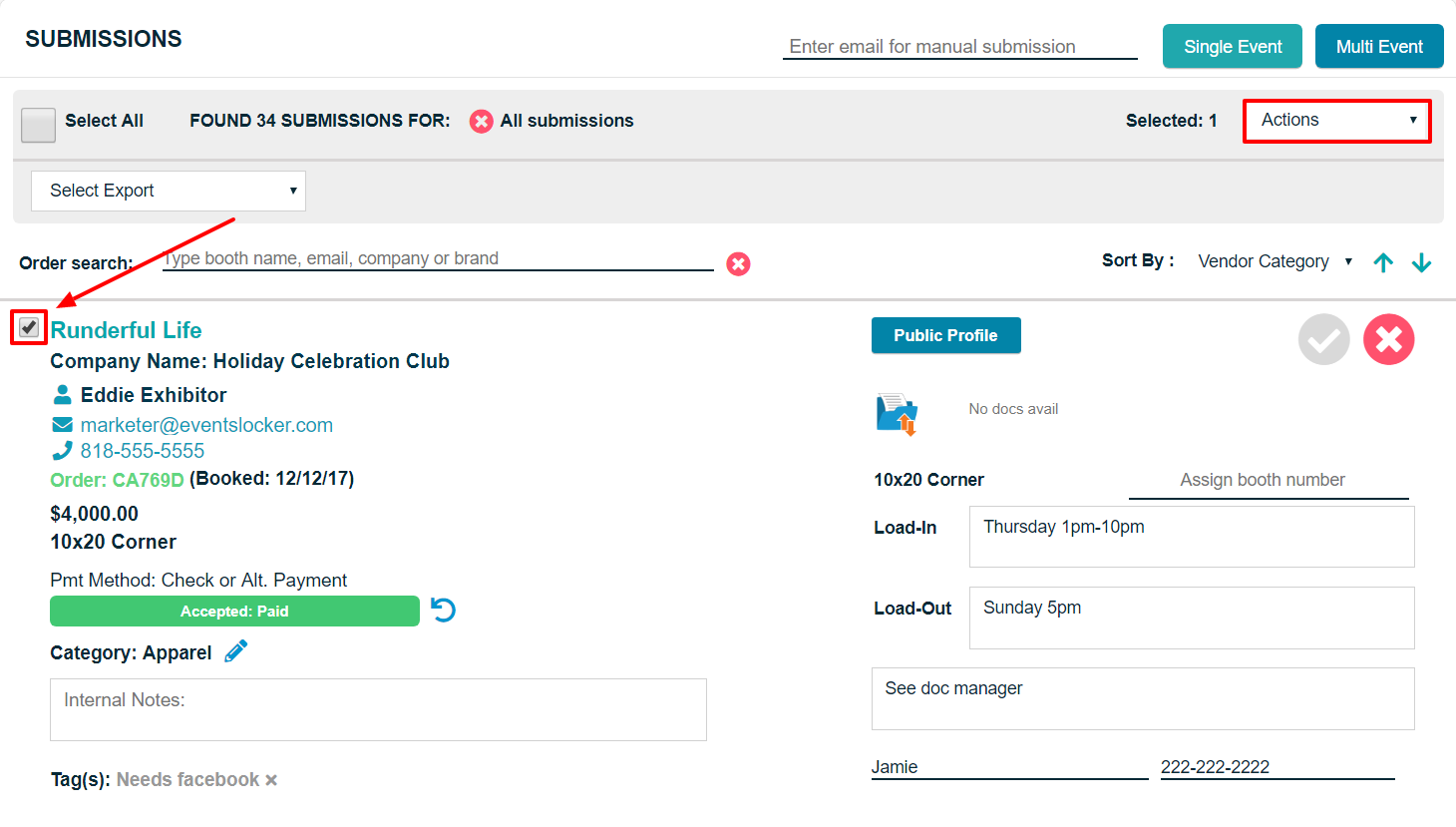
EventHub’s Built-in Logistics Management tools – designed for busy Event Managers and distracted Vendors to keep on the same page.
-
Hold Pre-Festival Meetings with your Team
WHY: Pre-event meetings are essential for aligning your team and ensuring everyone understands their roles and responsibilities. This coordination helps prevent misunderstandings and enhances team efficiency.
HOW: Schedule meetings with your team and key stakeholders to review the event plan and individual duties. Ask, “Does everyone know their specific tasks and timelines?” and “Are there any areas where team members need additional support or information?” Use these meetings to address any concerns and confirm everyone’s readiness.
-
Prepare Contingency Plans
WHY: Having backup plans for potential issues, such as bad weather or technical difficulties, ensures that your festival can adapt to unexpected challenges without major disruptions.
HOW: Identify potential risks and develop contingency plans for each. Ask, “What are the most likely issues that could arise?” and “What alternative solutions can we implement quickly if needed?” Ensure all team members are aware of these plans and know how to execute them if necessary – you’ll be glad you did!
With logistics and coordination in place, you’re ready to move into the final preparations for the big day: your Run of Show.
Festival Run of Show Checklist
Your best-laid plans
It’s showtime! Here’s a high-level checklist to make sure everything runs smoothly on the big day.
-
Oversee Setup and Execution
WHY: A well-executed setup ensures that all elements of the event are in place and ready, creating a professional and seamless experience for attendees.
HOW: Ensure all vendors and suppliers have arrived and are setting up as planned. Verify that all equipment, decorations, and materials are in place and functioning properly. Check that the venue layout matches the plan and that all signage and branding are correctly displayed.
-
Proactively Assist Staff and Volunteers
WHY: Effective management of staff and volunteers is crucial for maintaining order and efficiency throughout the event. Clear communication prevents confusion and ensures everyone knows their responsibilities.
HOW: Confirm that all team members and volunteers are present, review the event schedule, and over-communicate any last-minute changes. Note any last-minute gaps that may need to be filled—there’s always something! Delegate tasks if you can.
-
Ensure Guest, Sponsor, and Vendor Experience
WHY: A positive experience for guests, sponsors, and vendors is key to the event’s success and can influence future attendance and support.
HOW: Greet and assist attendees as they arrive, ensuring they have a positive first impression. Address any attendee questions or concerns quickly and effectively. Monitor the overall flow of the event, making adjustments as needed to ensure a seamless experience for all guests.
That’s it! If you follow this checklist, you’ll be well on your way to hosting a successful festival.
Best of luck, and if you’d like a little help from a team of seasoned event management pros and want to learn more about the benefits of modern event management software, reach out to the EventHub team for a custom demo tailored to your specific questions and needs, right here:


